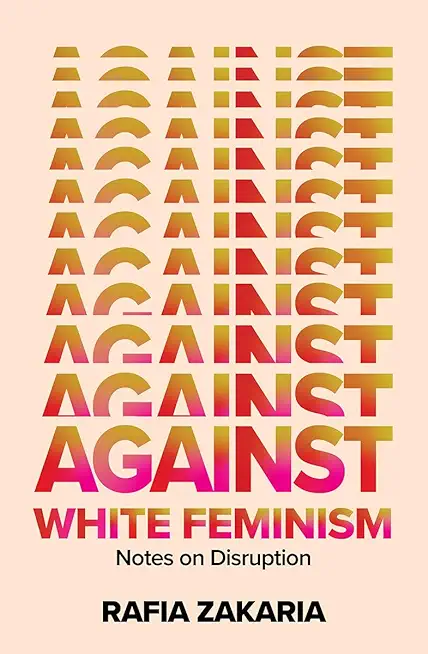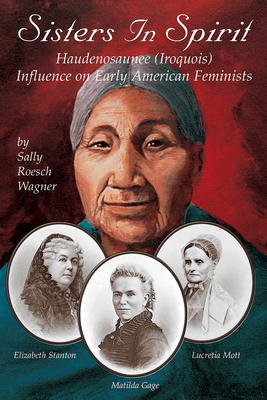
Upper-middle-class white women have long been heralded as "experts" on feminism. They have presided over multinational feminist organizations and written much of what we consider the feminist canon, espousing sexual liberation and satisfaction, LGBTQ inclusion, and racial solidarity, all while branding the language of the movement itself in whiteness and speaking over Black and Brown women in an effort to uphold privilege and perceived cultural superiority. An American Muslim woman, attorney, and political philosopher, Rafia Zakaria champions a reconstruction of feminism in Against White Feminism, centering women of color in this transformative overview and counter-manifesto to white feminism's global, long-standing affinity with colonial, patriarchal, and white supremacist ideals.
Covering such ground as the legacy of the British feminist imperialist savior complex and "the colonial thesis that all reform comes from the West" to the condescension of the white feminist-led "aid industrial complex" and the conflation of sexual liberation as the "sum total of empowerment," Zakaria follows in the tradition of intersectional feminist forebears Kimberlé Crenshaw, Adrienne Rich, and Audre Lorde. Zakaria ultimately refutes and reimagines the apolitical aspirations of white feminist empowerment in this staggering, radical critique, with Black and Brown feminist thought at the forefront.







